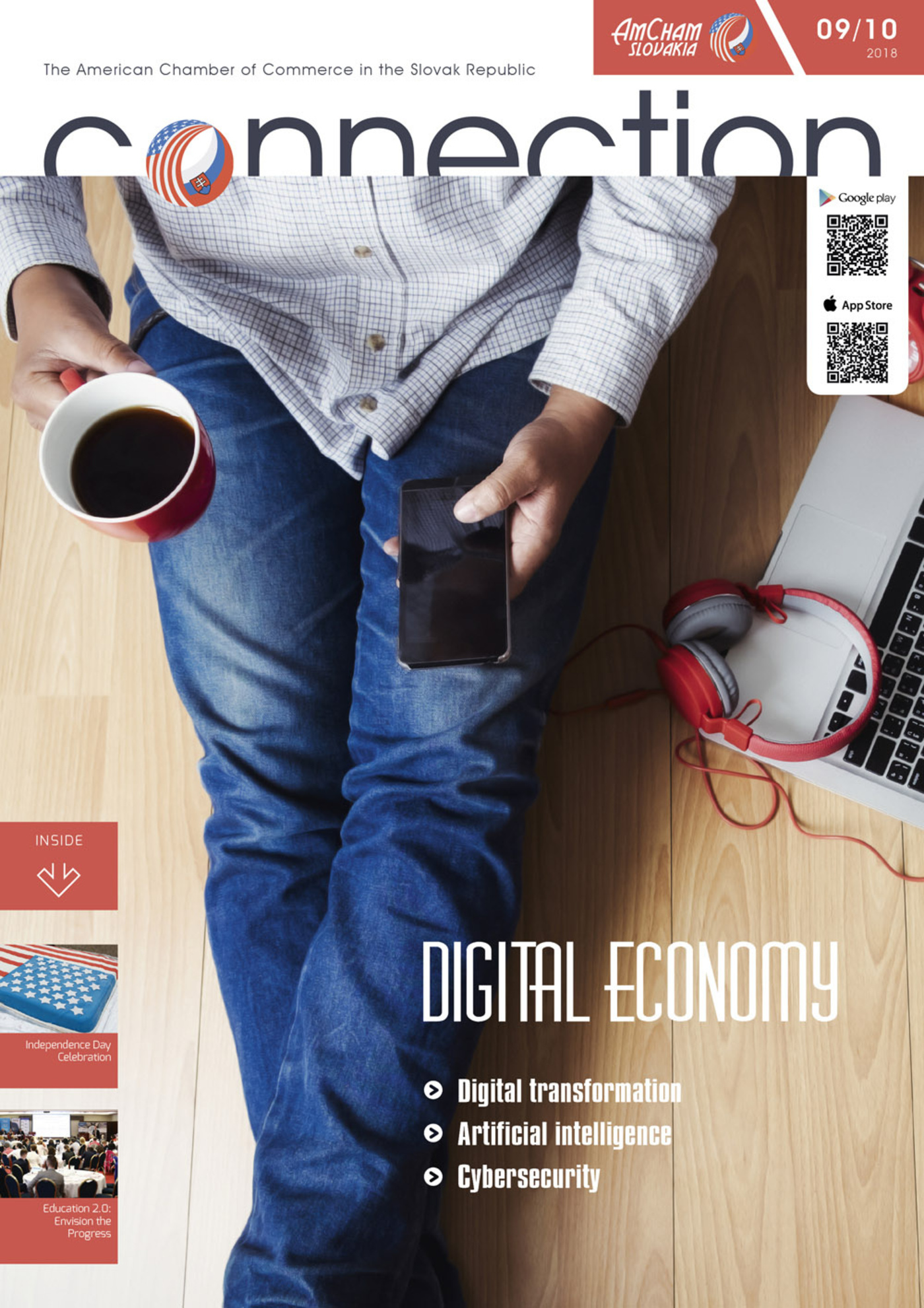However, the most important issue from the economic point of view is the result of the current battle over added value between the traditional car makers and the IT giants. It seems more likely that the added value created by car production will shift from the traditional car producers to the IT giants. This will mean challenges as well as risks for the automotive industry in the CEE.
Ecological regulatory limits, changing consumer preferences and technological progress are fuelling the main three trends in the automotive industry: alternatives fuels, autonomous vehicles and car sharing.
We think these three trends will develop and support each other, since each of the technologies is able to limit the drawbacks of the others. Hence, we can identify the interrelation of these trends in two ways.
First, since alternative fuel engines are the most probable solution to extend limits, but are still costly, car sharing will be the method used to decrease the cost of alternatively powered cars. But car sharing is an inconvenience for a large part of the population, as the car will not be parked in front of the house, or might not be available at a particular time. This inconvenience, however, can be compensated by autonomous driving cars. The car arrives at your house based on an app or a call center request.
Second, the higher safety of autonomous cars will become popular, as systems are able to surpass the cognitive abilities of human drivers. In addition to safety, autonomous cars can save a large amount of time for consumers. Moreover, if driverless cars can be organized in a callable way, they can be easily shared. Since such an autonomous car sharing system would be organized by large operators which would share the purchase cost amongst themselves, the demand for alternative fuel cars would increase.
We believe these two mechanisms are the most likely way that shared autonomous alternatively powered cars will be deployed by market forces without government support. Naturally, government policies will support or speed up the process of introducing alternative fuels. However, the most important support for autonomous driving is the legal framework, which plays a central role regarding this trend.
The technological difficulty of autonomous driving and the organization of the mobility service have attracted IT giants to automotive manufacturing, who are battling over future added value created in the automotive sector. These companies (i.e. Apple and Waymo - formerly Google car) are using their IT advantage, which allows them to focus on the development of driverless systems at the highest level of automation, where they hope to create the biggest added valued. In addition, outsourcing digital aspects of life to cloud services or Apple/Android accounts operated by these companies would allow software customization of cars and support vehicle sharing. Sharing will consequently operate with the cheapest price per mile.
Removing the human driver will close the cost gap to the mass transportation price, which will open the niche for door-to-door ride-sharing companies. Companies such as Uber and Lyft will compete for the automotive added value, as they are the dark horses in the race for the external option of operating a fleet and it makes little difference to them who will be the manufacturer of the autonomous vehicle. Their advantage lies in the vast amount of data they have already collected about customers’ behavior. Moreover, they run successful platforms that can be used to operate an autonomous car fleet in future. Their motivation for introducing autonomous vehicles, on which both companies are working, is to lower the cost of rides and attract more customers.
Their natural rival in the battle are the carmakers. They have huge know-how about producing cars as products. Given the sophistication of mass production, this is not an easy task, as we can see in the case of Tesla 3. However, carmakers do not have extensive experience with the flow and processing of the data produced by sensors needed for autonomous cars. On top of that, traditional carmakers do not have much experience with user-friendly front-end solutions and software connecting the future of infotainment, which consumers expect to have on board while driving.
On-board infotainment, interconnection to other web/social media services is, in my view, the decisive reason why IT companies will be able to grab more of the added value created in the car manufacturing sector, as mobility will shift from a product, car ownership, to a transportation service which will be the natural environment to operate in. In contrast, the traditional car makers will end up in the position of hardware suppliers. Thus, the greater part of the added valued is likely to be captured by the IT companies.
David Kocourek, Ecomomist, Komerční banka



Follow us